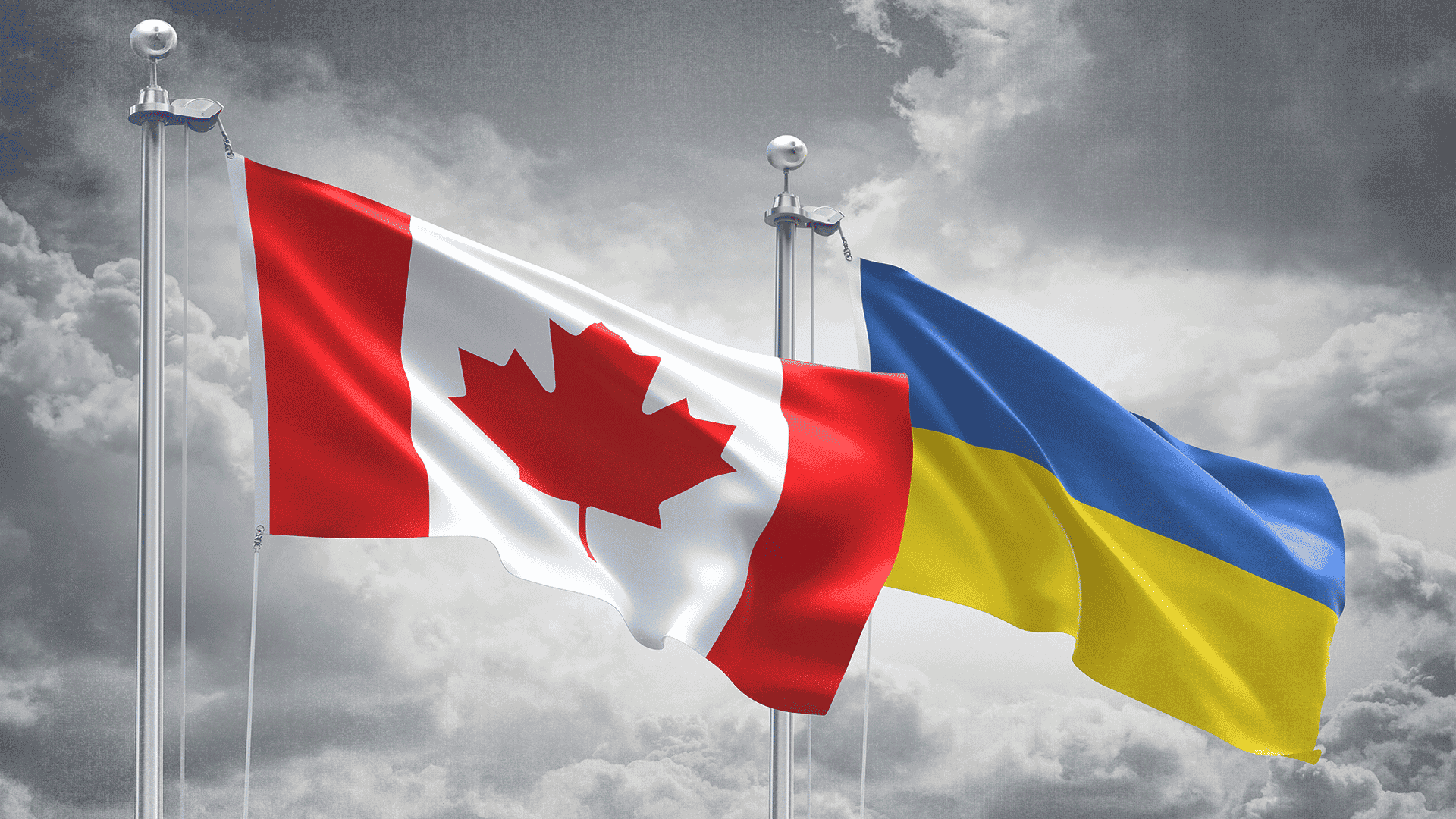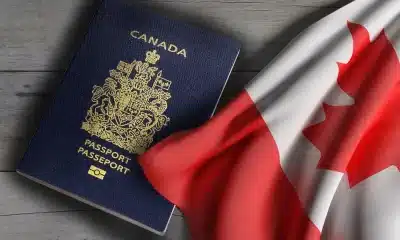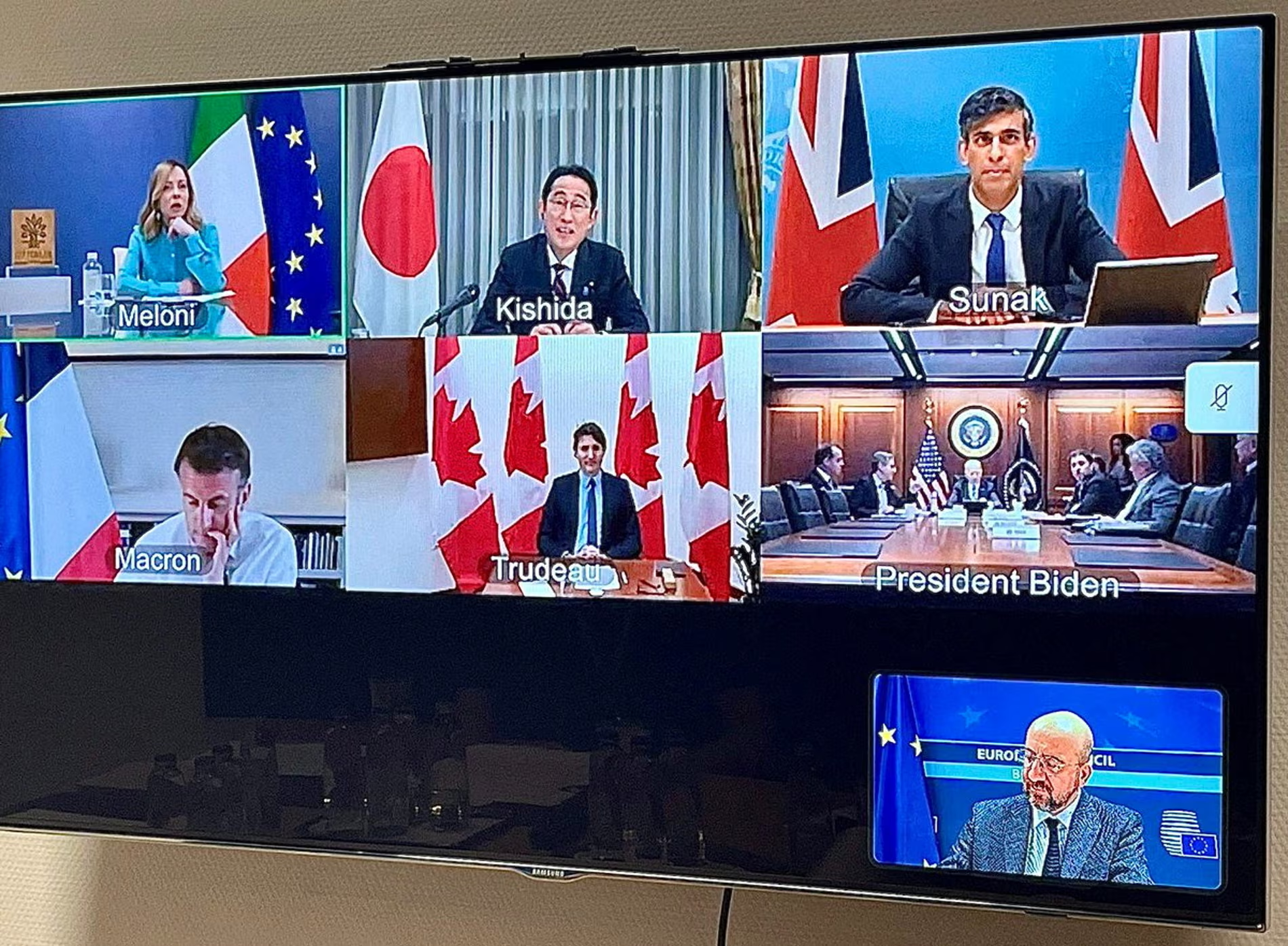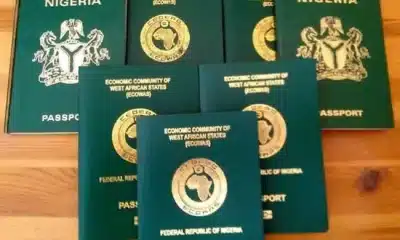Featured
In opening its borders to refugees from Ukraine, is Canada practising performative activism?

The world is awash with news and think-pieces concerning the ongoing war between Russia and Ukraine — some of it verified, some unverified, and others obvious propaganda.
War is always a disastrous event, more so when the victims are in a disadvantaged position like Ukraine. The G7 has thrown its weight behind Ukraine. Canada is sending a lot of support; we are sending weapons and military equipment to try to even out the playing field; we are also accepting many refugees and waiving fees for travel documents, while prioritizing and processing applications faster for Ukrainian immigrants.
Canada was even one of the first countries to impose asset freeze, export and import restrictions, and other sanctions on Russia’s elites and oligarchs.
In Canada’s own way, it is trying to help put out the embers of this war by sanctioning Vladimir Putin’s close friends and strangling Russia economically, which is commendable. But when you look deeper, you begin to question just how commendable it actually is.
Canada has actually always been a huge supporter of Ukraine.
On December 2, 1991, Canada became the first western country to recognize Ukraine’s independence. Both countries have enjoyed a close relationship since then. This brings up the question: Could Canada’s disposition toward Ukraine be a result of the buoyant relationship they both enjoy? Or perhaps these gestures toward Ukraine aren’t particularly triggered by the relationship of both parties, but because it’s a non-African country which is at the receiving end of the current violence and destruction.
While this question might seem divisive, let us take a closer look at how other countries at war have been treated by Canada, especially refugees from African countries.
Libya and Sudan: Case studies
Helping refugees in need is great news, and it shows true solidarity, except it is not Canada’s usual reaction to a crisis in other countries.
Take Libya for example. On the Canada-Libya relations website, we find the line, “the Government of Canada remains committed to supporting the Libyan people on the path towards peace and prosperity.” But the million-dollar question is how? How is the Canadian government supporting Libyans who have had their country ravaged by war? Did Canada open its borders to Libyans like they are doing with Ukrainians today? Or like they did with Syrians six years ago?
In 2016, Canada welcomed over 25,000 Syrians in 100 days. Some Syrians were even welcomed grandly in person by the prime minister himself. Again, a commendable act of service toward a war-ravaged country. However, no such immigration gesture has been shown to any African country that has experienced the same thing Ukraine and Syria have experienced.
Don’t get me wrong, refugees fleeing their countries should be welcomed. However, in many cases, refugees from war-stricken non-European countries, especially countries in Africa, have approached Canada and faced a much more bureaucratic and complex process.
Between 2005 and 2016, which is 11 years, Canada has welcomed only 8,200 Sudanese refugees, who have had to go through complex International Organization for Migration (IOM) and UN Refugee Agency (UNHCR) immigration processes. But in just 100 days in 2016, Canada was able to process and welcome over 25,000 Syrian refugees via a quick, open immigration process.
Is the Canadian immigration system making it clear that some refugees are more privileged than others? That some refugees are more welcome than others?
On the surface, Canada might appear to be a welcoming home for refugees and asylum seekers, and on the news, we hear about Canada’s donations of millions of dollars to countries at war, but do they really help the refugees who are crying for help from African countries?
All of this being put into perspective begs the question, is Canada practising performative activism? Are they helping Ukrainian refugees because they really believe in helping them, or because the rest of the world is all abuzz with helping Ukraine? Simply put, is this because this isn’t Sudan or Libya? Is it too sinister to ask whether this is because the refugees from Sudan and Libya or other African countries do not look enough like the refugees from Syria or Ukraine?
Again, I am not saying Canada should ignore Ukraine or Syria or any other European or Asian countries who need help, but we should extend our compassion to others too, even if they do not look enough like us.









